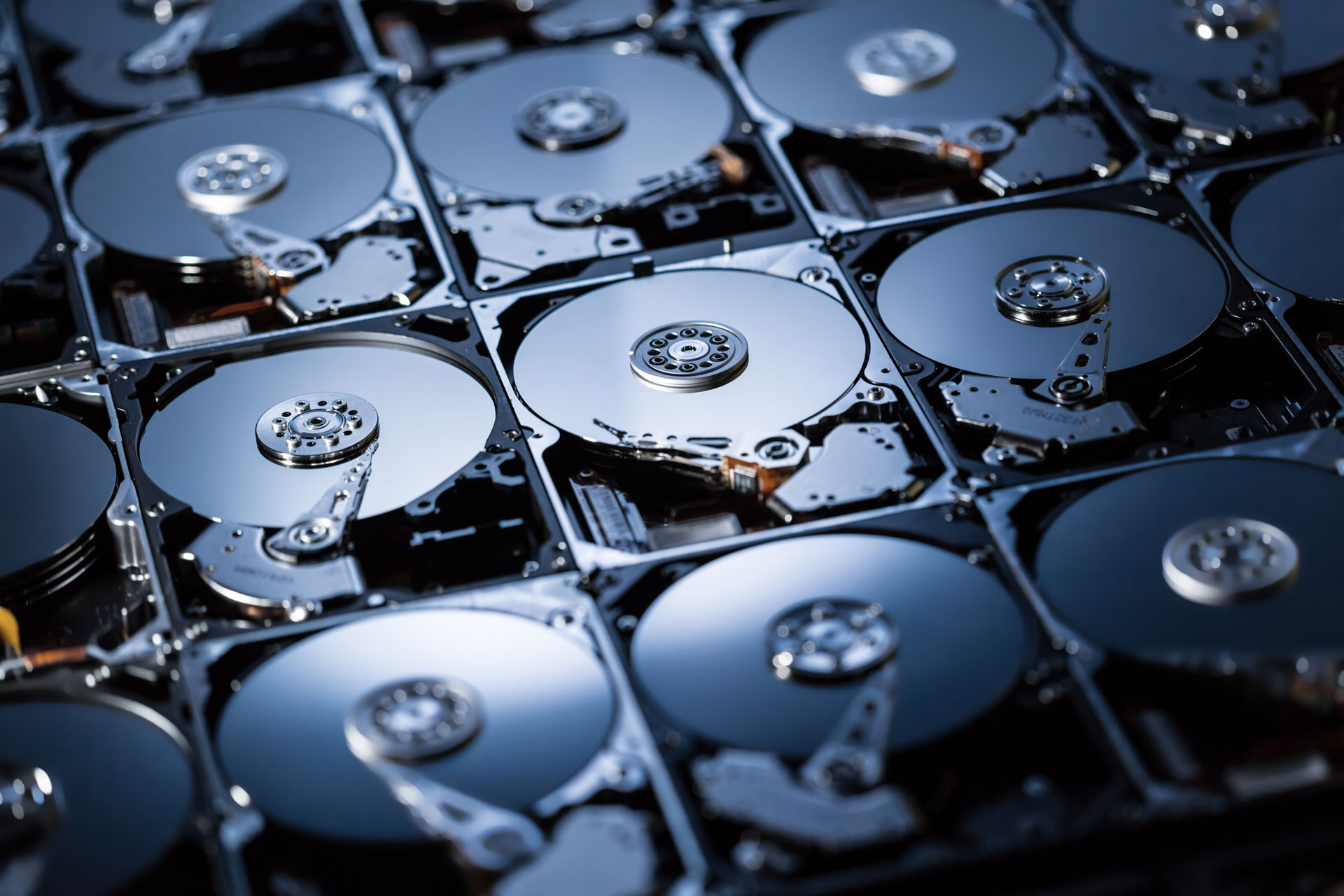4 ways to disaster-proof your data backups

Disaster can strike at any time and one of time many casualties is your business critical data. Whether it is an act of God, like hurricanes or wild fires, or man made, you can protect your business from loss of data. Twenty five percent of businesses never reopen after disaster strikes, according to the U.S. Small Business Administration. You can protect your critical data from disaster by having at least two backup plans.
Cloud backup
Storing your data backups at one or more off-site locations is the best way to ensure that a copy of your data will survive a disaster. One way to do this is by using cloud services; uploading your data to a cloud backup provider. When selecting a cloud provider, you need to consider their track record.
There are other considerations when choosing cloud backups. You should always encrypt your data before trusting it to a provider for safekeeping. If you have very large files, you will have to take your internet bandwidth into account. This will affect the time it takes for both sending and retrieving data. Some providers will ship your backups on physical media if your backups take too long to download, ask your provider if the offer this service.
Portable backup
If your internet speed is too slow or you have trouble handing over your precious data to someone else, you can consider using removable backups: external hard drives, tapes or even optical media ( if your data isn't too large ). Their portability makes it easy to move to a different location. You can take the backups home or have it couriered to a safer location.
External hard drives are inexpensive, can store TB's of data and are portable. You can get third party backup software that will encrypt the data and setup a backup schedule with a little fuss. You can go for the more traditional tape backup route also. If you have modest data needs, you may be able to use DVD's or Blu-ray discs to backup.
If you decide to go the portable route, the media you use to store your backups can also fail. When using optical discs, store them in a cool dark place and use them for short term backups only. Tapes can oxidize over time so use multiple tapes and store them in a cool, dry place. External hard drives can fail like any other drive, plug them in only when backing up to prevent wear and tear on the drive motor.
Syncronizing your NAS
Taking the portable backup plan may not work if your business has multiple locations. If you have several locations, you can deploy multiple Network Attached Storage devices ( NAS ) at each location and set them to backup each other over the network. This feature used to be the domain of expensive Storage Area Networks ( SAN ) but many new NAS models have it. To save bandwidth, look for devices that support block-level sync, which only transmits the changes if a file.
Disaster hardened storage devices
Disaster resistant enclosures provide increased protection of local backups. In the old days, this used to mean storing tapes into a fireproof safe but now there are companies that offer disaster hardened storage devices. They can entail multiple drives in some sort of RAID configuration. Some can withstand extreme temperatures and / or waterproof even when fully submerged. Some will also support syncing with other NAS devices.
Disaster hardened storage devices
You can't totally disaster proof your business but you can take precautions to protect your critical data. It will take a little time and some money but not as much as rebuilding from the beginning. Your business doesn't have to be part of the twenty five percent that doesn't reopen with just a few extra precautions.